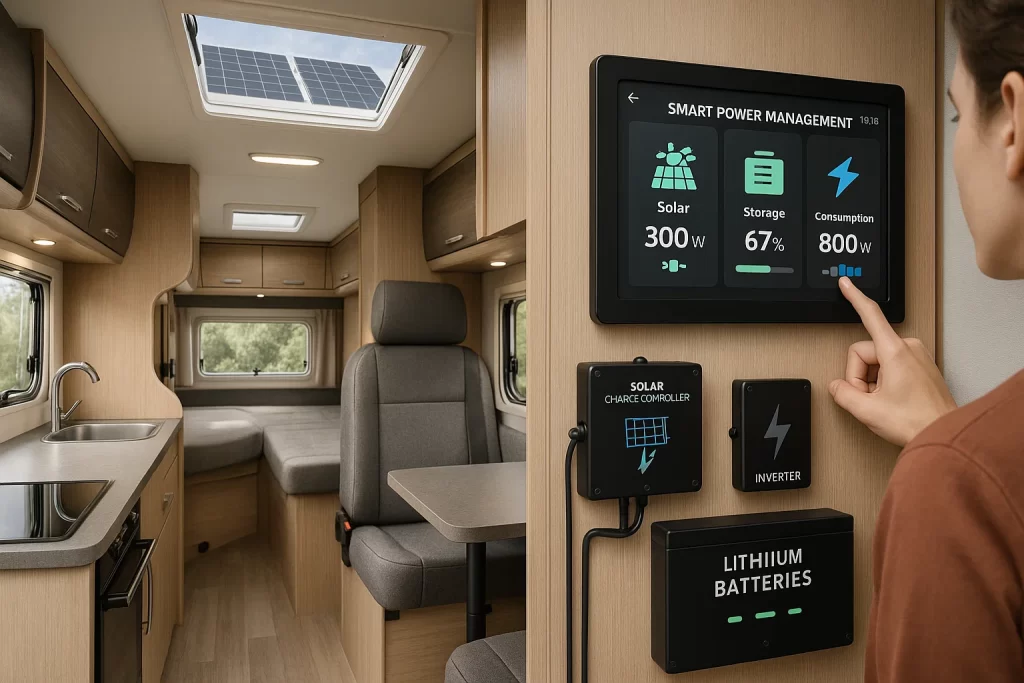Revolutionary Recreational Vehicle Technologies Transforming Modern Travel
The modern recreational vehicle represents an extraordinary convergence of engineering innovations that enhance mobility, comfort, and self-sufficiency for travelers. These purpose-built machines incorporate advanced technologies that allow occupants to venture far from conventional infrastructure while maintaining essential comforts.
From sophisticated power management systems to connectivity solutions, today’s RVs employ functional technologies that significantly expand travel possibilities compared to previous generations.
Recreational Vehicle Power Management Systems

As RV travel becomes more adventurous and remote, safety and navigation technologies have evolved to meet new demands. Advanced driver-assistance systems (ADAS), including blind-spot monitoring, lane departure warnings, and adaptive cruise control, are increasingly common in recreational vehicles. Coupled with GPS units optimized for RV dimensions and weight restrictions, these tools help travelers avoid hazardous routes and ensure safe maneuvering on unfamiliar roads.
Some systems also integrate terrain-aware navigation, weather updates, and campground databases, offering a seamless experience that enhances both confidence and convenience on every journey.
Water Purification Innovations
Contemporary vehicles employ multi-stage filtration systems that transform questionable sources into safe drinking water. Leading models incorporate sediment filters, activated carbon elements, and ultraviolet sterilization that eliminate pathogens without chemical treatments.
These systems dramatically extend boondocking capabilities by reducing dependence on municipal water connections while providing peace of mind regarding water quality regardless of source.
Climate Control Advancements
Temperature management represents a significant engineering challenge in mobile environments with limited power. Latest solutions include variable-speed compressors that adjust cooling output based on conditions, dual-zone systems that operate efficiently in occupied areas only, and smart thermostats that optimize energy usage patterns.
These technologies maintain comfort across diverse climates while minimizing generator runtime and battery depletion.
Connectivity Solutions
Modern travelers expect consistent internet access regardless of location, driving significant innovation in mobile connectivity. Current RVs incorporate cellular boosters, multi-carrier routers, and directional Wi-Fi antennas that maintain connections in challenging environments.
These systems automatically select optimal signal sources and manage bandwidth allocation across multiple devices, supporting remote work requirements and entertainment needs simultaneously.
Advanced Monitoring Capabilities
The integration of comprehensive monitoring represents perhaps the most transformative technological advancement. Digital systems now provide real-time status information for all critical subsystems, from propane levels to battery condition, through intuitive touchscreen interfaces and smartphone applications. This visibility enables preventive maintenance, optimizes resource usage, and alerts owners to developing issues before they become emergencies, fundamentally enhancing the ownership experience.
